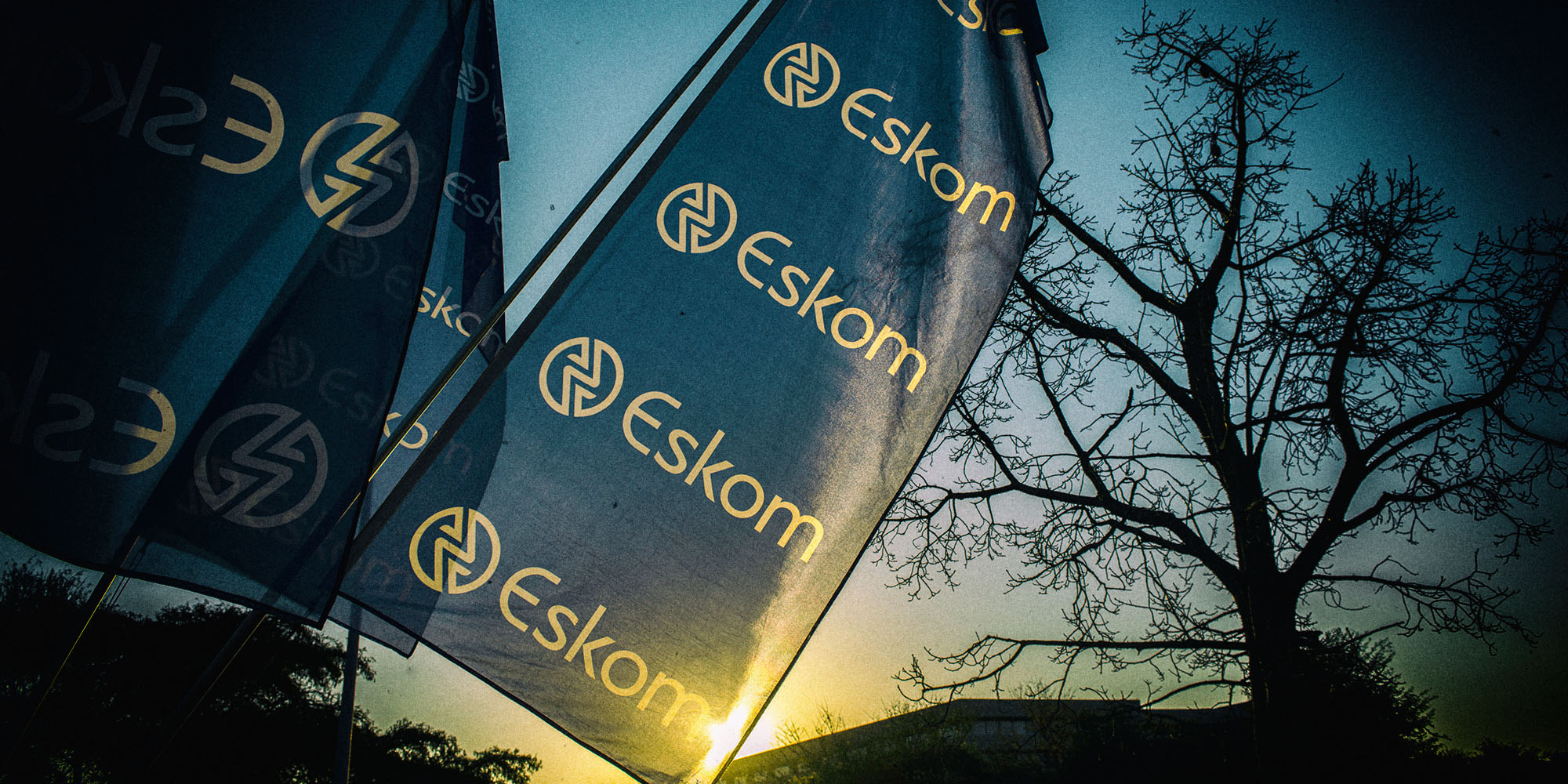It is increasingly hard to have sympathy for Eskom as swift market changes render the power utility moot.
The final straw for many people’s aversion to Eskom has been the whopping electricity tariff increases it recently asked the National Energy Regulator of South Africa (Nersa), which will soon be subject to public consultation.
Eskom is turning the screws on the economy and people, many of whom are battling a cost-of-living crisis and cannot afford to pay more to keep the lights on.
Between 18 November and 4 December 2024, Nersa will consult the public on Eskom’s application to increase electricity tariffs by 36.15% during its financial year 2026, 11.81% in 2027 and 9.10% in 2028. If approved by Nersa, the first increase for customers Eskom supplies directly will be implemented from 1 April 2025.
The Nersa public consultations will be the platform for individuals to voice their opposition (or support) to the proposed tariff increases. Businesses will probably highlight how costs associated with utilities, mainly electricity, are affecting their financial and operational sustainability.
Clarity on the situation is expected on 20 December when Nersa will make a final decision on Eskom’s tariff increase application.
The last thing people want to deal with is more exorbitant Nersa-approved electricity tariffs. The tariffs have increased by 653% between 2007 and 2022, while the consumer inflation rate went up by 129% over the 15 years. Strangely, this is also the same period during which Eskom rolling blackouts started and worsened — resulting in people paying more for electricity, the supply of which wasn’t reliable.
For many years, Eskom has relied on the same reasons to justify its request for steep tariff increases. The central argument is that Eskom does not generate enough money from selling electricity due to, among other factors, households, businesses and municipalities not paying for the electricity they use. Eskom also argued that tariffs approved by Nersa in the past were low and did not allow it to recover costs associated with generating, distributing, and transmitting electricity. In Eskom’s language, the tariffs it wants must “move closer to a cost-reflective tariff that reflects the actual costs of supplying electricity”.
Thankfully, Nersa has repeatedly disagreed with Eskom on its wishes, resulting in the regulator often approving significantly lower tariff increases than the power utility desired. The effect of this, Eskom argues, is that its financial and operational indicators continue to head in the wrong direction; revenue is lower, electricity usage is falling, debt on its books remains high (at more than R389-billion) and municipal arrear debt remains unsustainable at R74-billion.
In its latest Nersa application, Eskom brings up factors that have nothing to do with the mechanics of electricity generation, distribution and transmission to motivate tariff increases.
Eskom says further weakening its financial situation and operational strength is its response to the effects and aftermath of State Capture as well as criminality, in the form of fraud, corruption, theft and sabotage. It’s like the public is being punished (by paying more for electricity) for Eskom’s failure to detect and prevent corruption perpetrated by its people, including former CEOs, financial executives, board members and engineers. Bizarre.
There is a recent development at Eskom that might undermine its need for higher tariff increases, and the power utility successfully demonstrating financial and operational strife to Nersa. Eskom’s financial and operational situation has improved markedly because it has kept the lights on for more than 200 days.
Eskom expects to generate greater revenue from electricity sales as its power stations can now meet the country’s power demand. Eskom is no longer burning unfathomable litres of diesel to run its emergency open-cycle gas turbines, saving R12-billion, which should shore up its financial position.
Earlier this year, when rolling power blackouts were an everyday occurrence (up to Stage 6), Eskom forecasted an annual financial loss of R15-billion. This was no longer the case. Eskom board chair Mteto Nyati says the utility would break even (not make a profit or loss) or return to profitability for the first time since 2017 when its annual results are released next year.
It’ll be hard to plead poverty to Nersa.
I’ll admit that I still feel sorry for Eskom and the many troubles bedeviling the public utility. Its 100-year monopoly on electricity generation is ending, and so too its relevance for the country and economy. The renewable energy market is maturing and exploding, thanks to regulatory and legal changes introducing much-needed competition.
The pricing of electricity alone points to rapid market disruptions that Eskom is not prepared for. Eskom’s cost to generate a kilowatt-hour (kWh) was about R1.50 during its 2023 financial year. Meanwhile, the cost of solar electricity was below R0.60 per kWh during the last bidding window for the government’s renewable energy procurement programme. Even if this cost was marked up by 50% or 100%, it would come in lower than that of Eskom.
The unsustainable pricing of Eskom tariffs, and possibly more increases, will likely push more people to renewables. This will worsen the power utility’s downward spiral or, worse, precipitate its death. DM
Business Maverick
After the Bell: Eskom’s profitability will make it hard to justify higher electricity tariffs





